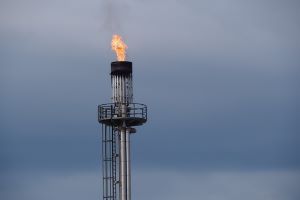Oil and Gas Exploration Services:
Oil and gas exploration services involve a range of specialized tasks that aim to locate and examine potential underground oil and gas reserves. These services are essential for ensuring a reliable supply of these fundamental energy resources, which power our transportation, heating, and industrial sectors.
Here’s a breakdown of the main stages involved in oil and gas exploration:
- Seismic surveying: This involves sending sound waves into the Earth and recording their reflections to create detailed images of underground rock formations. Different rock layers reflect sound waves in unique ways, allowing geologists to identify potential areas where hydrocarbons might be trapped.
- Exploratory drilling: Once promising areas are identified through seismic data, exploratory wells are drilled to physically collect rock and fluid samples from the targeted formations. such samples are then analyzed in laboratories to determine the presence and quality of hydrocarbons.
- Reservoir evaluation: If hydrocarbons are found in an exploratory well, further drilling and testing are conducted to assess the size, quality, and recoverability of the reservoir. This information is crucial for determining the commercial viability of the discovery.
- Appraisal and development: If the reservoir is deemed commercially viable, an appraisal drilling program is conducted to further delineate the extent of the reservoir and refine production estimates. Subsequently, a development plan is created, outlining the infrastructure and processes needed to extract the hydrocarbons efficiently and safely.
Oil and gas exploration services encompass a wide range of disciplines, including:
- Geophysics: Applying principles of physics to study the Earth’s subsurface.
- Geology: studying rock formations and their potential to contain hydrocarbons.
- Petrophysics: Analyzing the physical properties of rocks and fluids to evaluate reservoir potential.
- Drilling engineering: designing and overseeing the drilling of wells.
- Reservoir engineering: assessing the characteristics of hydrocarbon reservoirs and developing optimal production strategies.
These services are offered by a diverse range of firms, from small free masters to large international oilfield benefit suppliers. The specific services required for a given exploration project will be determined by the geological context, target site, and budget constraints.
I hope that this review provides an adequate comprehension of the key procedures and disciplines involved in oil and gas exploration services. If you have any specific questions, please ask!

